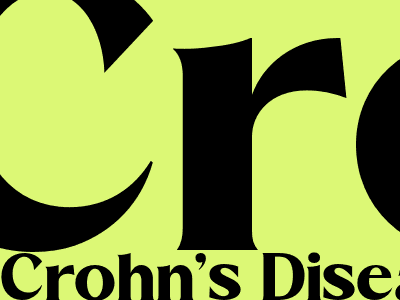Crohn's Disease: A Comprehensive Guide to Symptoms, Diagnosis, Treatment, and More
What is Crohn's Disease?
Crohn's disease is a chronic inflammatory bowel disease (IBD) that can affect any part of the digestive tract, from the mouth to the anus. It causes inflammation and damage to the lining of the intestines, leading to a range of symptoms, including abdominal pain, diarrhea, weight loss, and fatigue.
Symptoms of Crohn's Disease
The symptoms of Crohn's disease can vary depending on the location and severity of the inflammation. Common symptoms include:
- Abdominal pain and cramping
- Diarrhea, which may be bloody or contain mucus
- Weight loss
- Fatigue
- Fever
- Loss of appetite
- Nausea and vomiting
- Skin rashes
- Joint pain
- Eye problems
Causes and Risk Factors of Crohn's Disease
The exact cause of Crohn's disease is unknown, but it is thought to be caused by a combination of genetic, environmental, and immunological factors. Risk factors for Crohn's disease include:
- Family history of Crohn's disease
- Certain ethnicities, such as Ashkenazi Jews and Caucasians
- Smoking
- Use of certain medications, such as nonsteroidal anti-inflammatory drugs (NSAIDs)
- Exposure to certain infections
Diagnosis of Crohn's Disease
Diagnosing Crohn's disease can be challenging, as there is no single test that can definitively diagnose the condition. Diagnosis is typically based on a combination of factors, including the patient's symptoms, physical examination, and results of various tests, such as:
- Blood tests
- Stool tests
- Imaging tests, such as X-rays, CT scans, and MRIs
- Endoscopy procedures, such as colonoscopy and upper endoscopy
Treatment of Crohn's Disease
There is no cure for Crohn's disease, but treatment can help to manage the symptoms and prevent complications. Treatment options include:
- Medications, such as corticosteroids, immunosuppressants, and biologics
- Surgery, which may be necessary to remove damaged portions of the digestive tract
- Dietary changes
- Lifestyle modifications, such as stress management and exercise
Prognosis of Crohn's Disease
The prognosis for Crohn's disease varies depending on the severity of the condition and the individual patient's response to treatment. With proper treatment, most patients can manage their symptoms and live full and active lives.

Comments